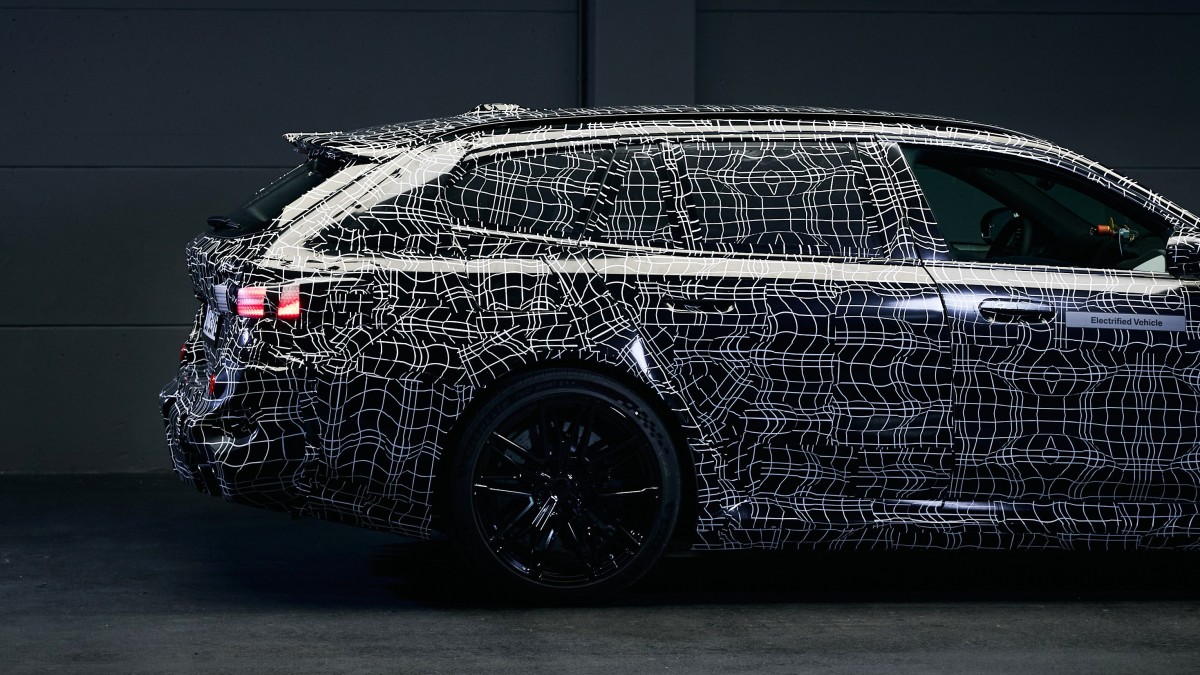
Hating is bad, and if there is any flaw that I wish to correct about myself, it is my default emotion to irrationally hate something because other people love it, only to find out later that I also like it.
There are many popular things that I used to hate that I now appreciate. I used to hate kale, brown rice, bubble tea, as well as the music of Justin Bieber and One Direction. But unfortunately, irrational hatred has also affected the way I perceive certain cars.
Related: Italian officials condemn Stellantis over the name of its latest EV
Car enthusiasts, despite their name, do hate certain kinds of cars. Some hate minivans, while others hate electric cars, hybrids, or small city cars because they challenge their "manhood."
I've always had a general dislike for station wagons. Despite some of my car enthusiast friends having positive opinions, or owning wagons of their own (I am sorry that I hid those feelings behind your back), I saw wagons as the automotive equivalent of pineapple on pizza; not for me.
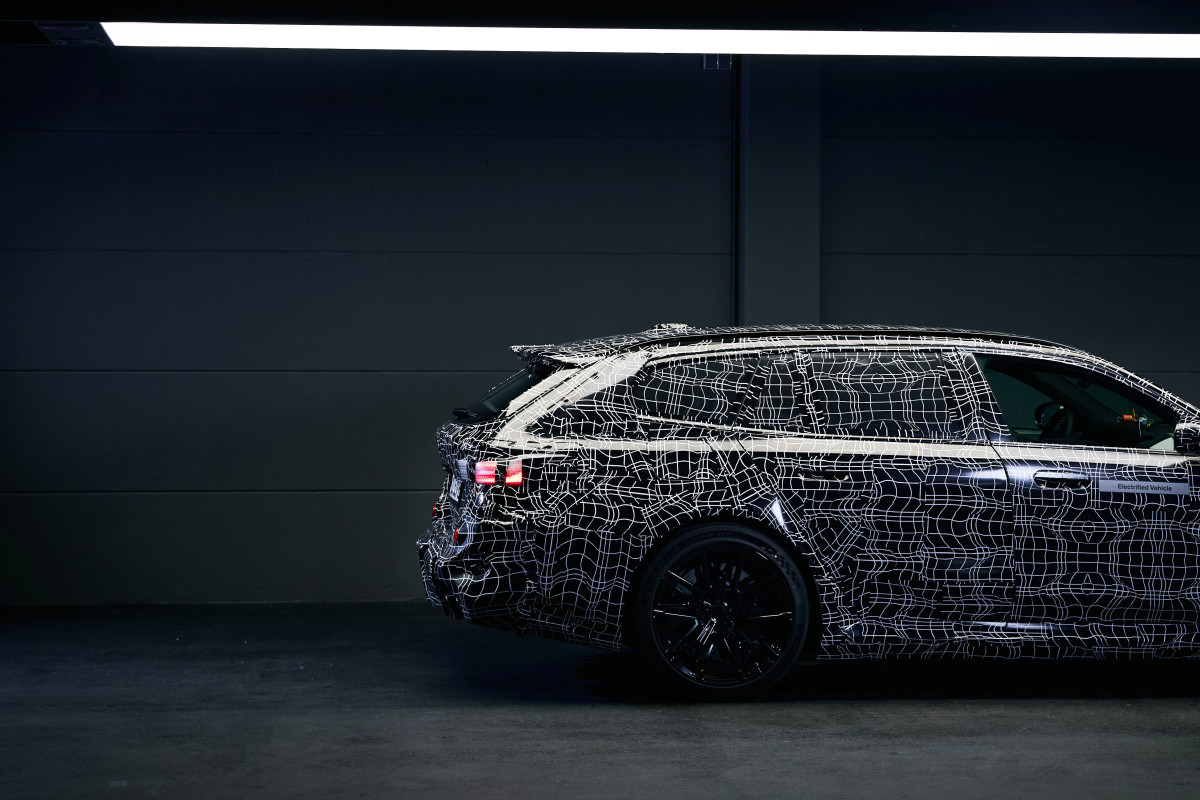
BMW
On the afternoon of April 4, car enthusiasts got news alerts from their favorite car blogs informing them of a major breaking story.
The news? BMW (BMWYY) is bringing the M5 Touring — a powerful, fast wagon that is likely to fetch a price tag well into the six figures — to buyers in the United States.
When I first saw the news, my immediate response was ‘Why?’
Why are enthusiasts hyped up about a damn station wagon?
What’s with car enthusiasts and freaking station wagons?
And most importantly, why are brands willing to sell a car that only a few people will buy?
So instead of relying on my default hater position, I decided to take off my blindfold and find out for myself.
Act I: Rebels with a purpose.
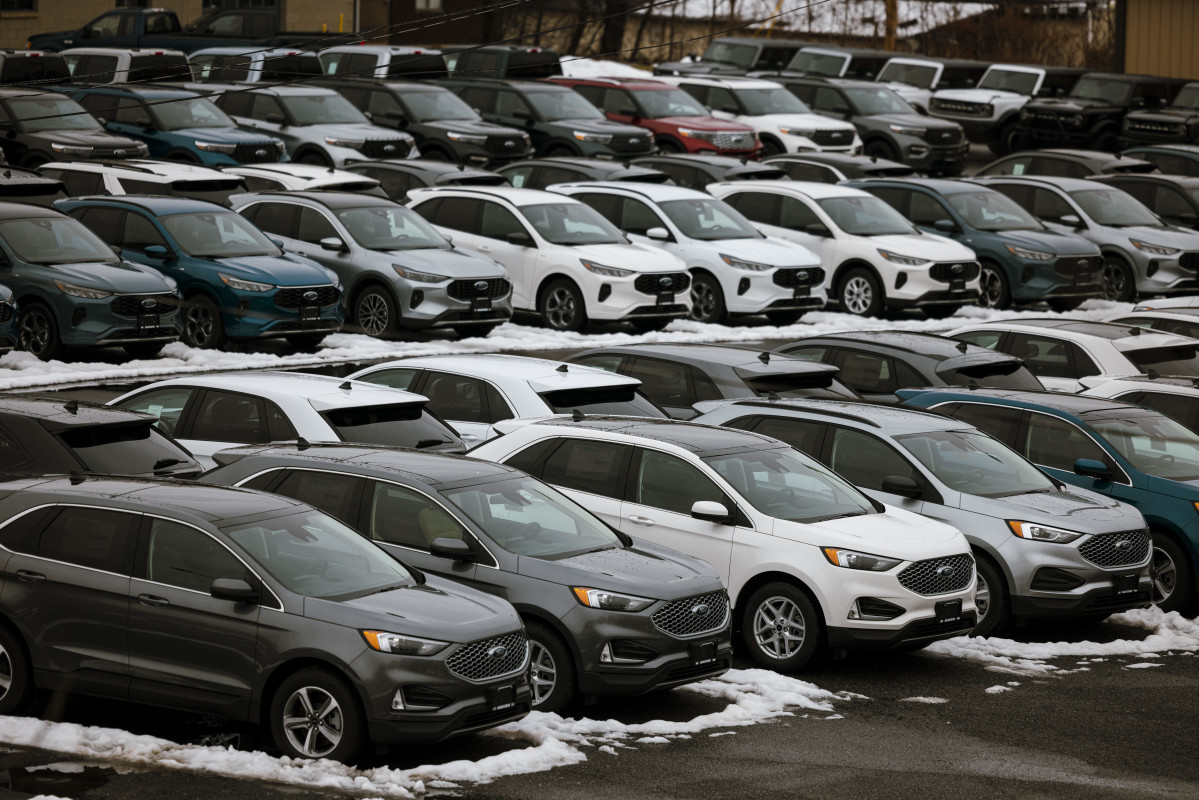
If you Google “Why do car enthusiasts like wagons?” you can get a baseline answer to the first two questions.
Essentially, the wagon is a form of rebellion against the automotive status quo.
Basically, in a world where every shopping mall, grocery store, and schoolyard parking lot is a cornucopia of different makes and models of crossover SUVs, the humble station wagon represents the kind of traditionalist that people are told to be afraid of.
These are the same kind of people who have families, children, and mountain loads of groceries and other stuff to buy at Costco, IKEA, and other places but do not want to fall in line that the ‘establishment’ has set up for them — a 'mundane' crossover SUV.
In a world where cool station wagons exist, why would you get something heavier, more awkward to drive, and not cool?
In conversations I had with some BMW-owning acquaintances, friends, and other enthusiasts, including some whom I talked to at a recent BMW Car Club of America event, many justified that wagons provided SUV-levels of people and stuff-carrying space while keeping the same sleek lines and performance pedigree as its sedan or coupe variants.
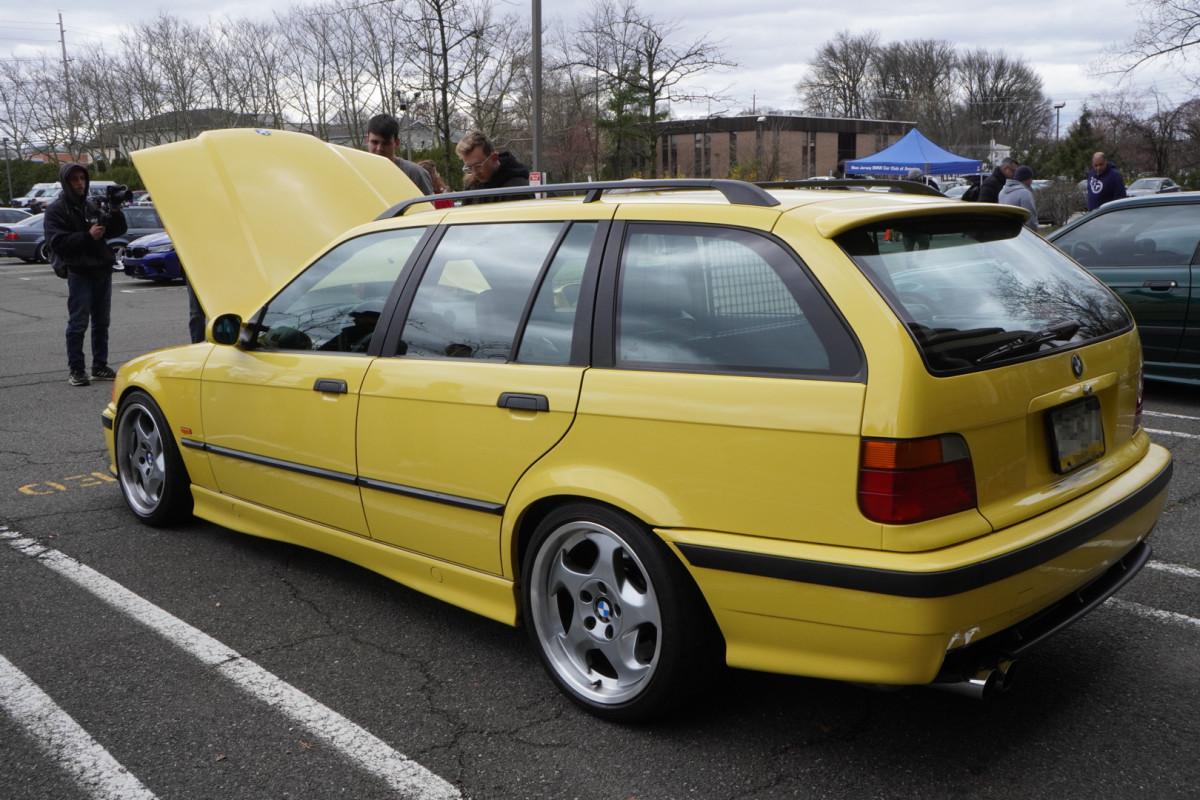
James Ochoa
I did see this justification come to fruition firsthand. At said BMW CCA event, one particular BMW enthusiast showed up with a Euro-spec mid-90s 320i wagon. (pictured above)
Not only did the sweet 90's Beemer wagon have cool lines, a full black leather interior, and a glorious S54 engine swap, but the owner used it to transport some car parts he was giving to another person attending the event.
For real, the owner pulled in, parked up, shook hands with his friend, and then gave him a front splitter for another BMW out the rear hatch.
He could’ve used other vehicles like a van or an SUV, but with the seats folded down, the wagon provided plenty of space. Then again, if you pulled up to a gathering of fast BMWs in a car park of a coffee shop at 11 a.m. in a Ford Explorer, other attendees would think the police showed up to check in on a noise complaint.
In that moment at that parking lot on a cold Saturday afternoon, I understood why wagons were cool.
And now, I want that car.
Act II: The 'sleeper' effect
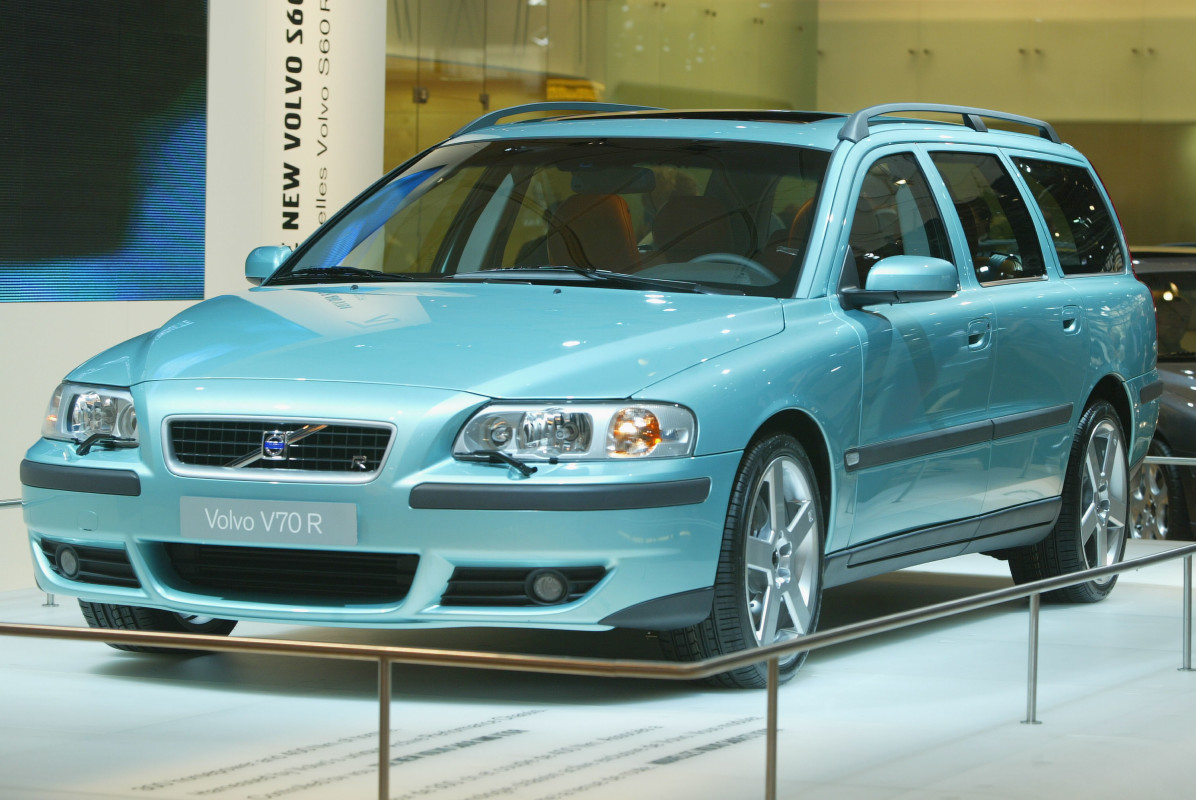
Online, enthusiasts emphasize another factor that drives them to wagons: the element of surprise. Before 'performance wagons' were a thing, station wagons were uncool family vehicles that took up space — think, your 6th grade history teacher's Volvo.
Performance wagons like the Audi S6 Avant (AUDVF) , the Mercedes E63 AMG wagon (DDAIF) and the BMW M5 touring are siblings of sports sedans. They share the same powerful engines and performance upgrades as their sedan counterpart, albeit in a more 'low-key' package.
In a reply to a post on the subreddit r/cars asking "Why do we like performance wagons so much," Reddit user u/Bimmeraddict said that wagons scratch an itch that enthusiasts can appreciate — having a 'sleeper': a fast car that masquerades itself as a slower one.
"Not to mention, us car guys love a 'sleeper.' Wagons are very unassuming and don't look like they could be fast, but pull up to a [Ford] 5.0 Mustang in an [Audi] S4 Avant and they won't even know what hit 'em."
Another Reddit user in the same thread noted that they are in the market for a Volvo V70 T5 because they "like the idea of beating [Subaru Impreza WRX] STis, [Ford] Mustangs and BMWs on the highway on the way to a camping trip, with all my friends and gear in the back."
Additionally, they also noted that it would be entertaining to see the reactions of sports car owners when you beat them in "a boxy 5-door station wagon that would look right at home in the driveway of Mrs. Polinsky, the 86-year-old widow that lives two blocks over."
Act III: A price to pay
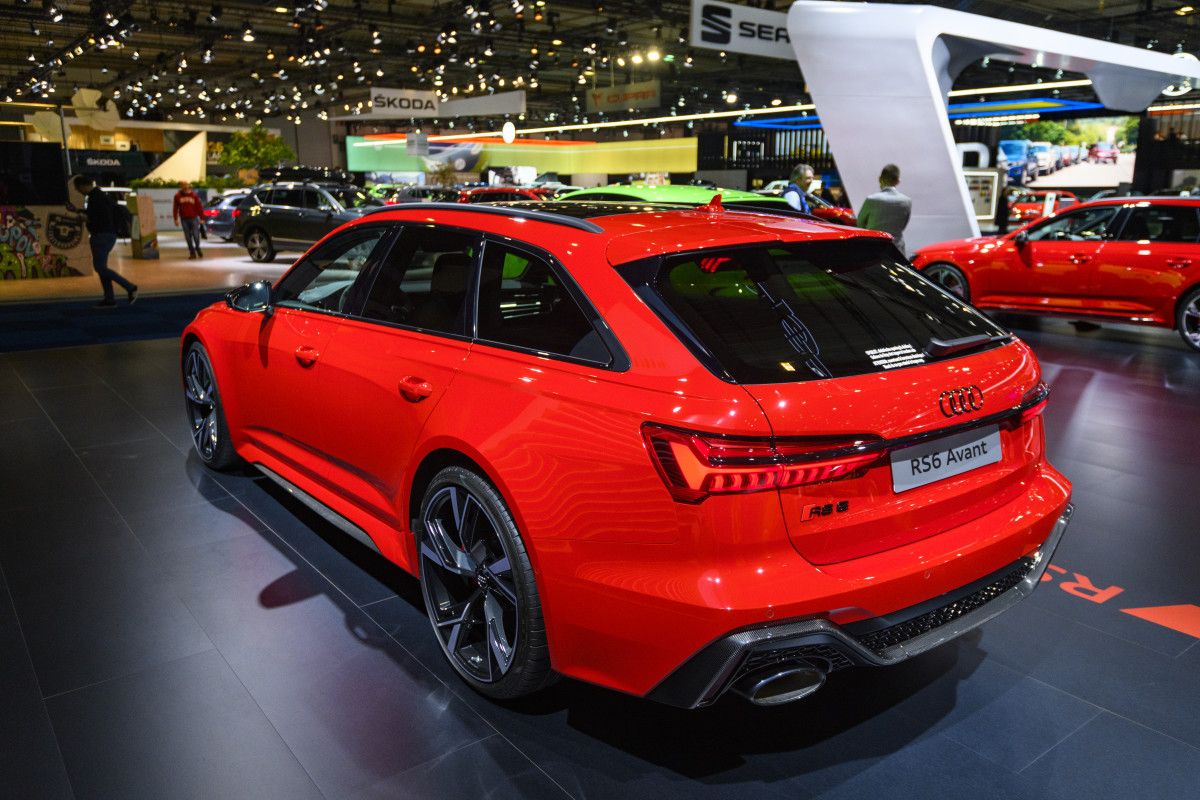
When you collectively look at all the reasons why wagons are great vehicles, it seems that high performance wagons are a great value for your buck.
What's not to like? It has the kind of performance to make the inner 17-year-old boy racer chuckle, room for the kids, unruly friends and colleagues, as well as 15 Costco-sized packs of water bottles.
It is just as practical as a minivan, it's faster than a heavy, inefficient SUV and it looks way cooler than your boss's car, so what is the damn problem?
The price tags. These cars cost a lot of money.
I asked manufacturers like BMW and Audi why they still sell performance wagons, and the response I got back was very interesting.
Typically, pleas from passionate fans fall on deaf ears and they have to wait a long time when they ask for certain things that they are excited about. From an automotive point of view, performance wagons have been placed into the same category as movie sequels and the next Grand Theft Auto video game: keep waiting.
In a statement to TheStreet, Audi of America Product Communications Specialist Steven Marks said that Audi's decision to bring the RS6 Avant to U.S. shores came after enthusiast customers requested the model to be made available stateside for decades.
Similarly, BMW North America Product and Technology Spokesperson Jay Hanson said in a statement that the M5 Touring's introduction came about as "the calls for such a vehicle were getting louder and louder over the years."
"The US is one of the biggest markets for BMW M and of course, it is important to screen the market in detail to identify needs and niches," Hanson said. "The enthusiasm for BMW M vehicles in the U.S. is undeniable, but what has been missing until now was a high-performance touring model. "
"We listened to all of the enthusiasts and responded with the BMW M5 Touring available for the first time in North America."
Currently, the 2024 Audi RS6 Avant carries a price tag of $124,800, and the upcoming BMW M5 Touring is anticipated to be priced similarly. Though it is out of reach for some, those who are willing to get it will get it somehow or in some way — including the used market, where other performance wagons from different years and eras are for the taking.
Epilogue:
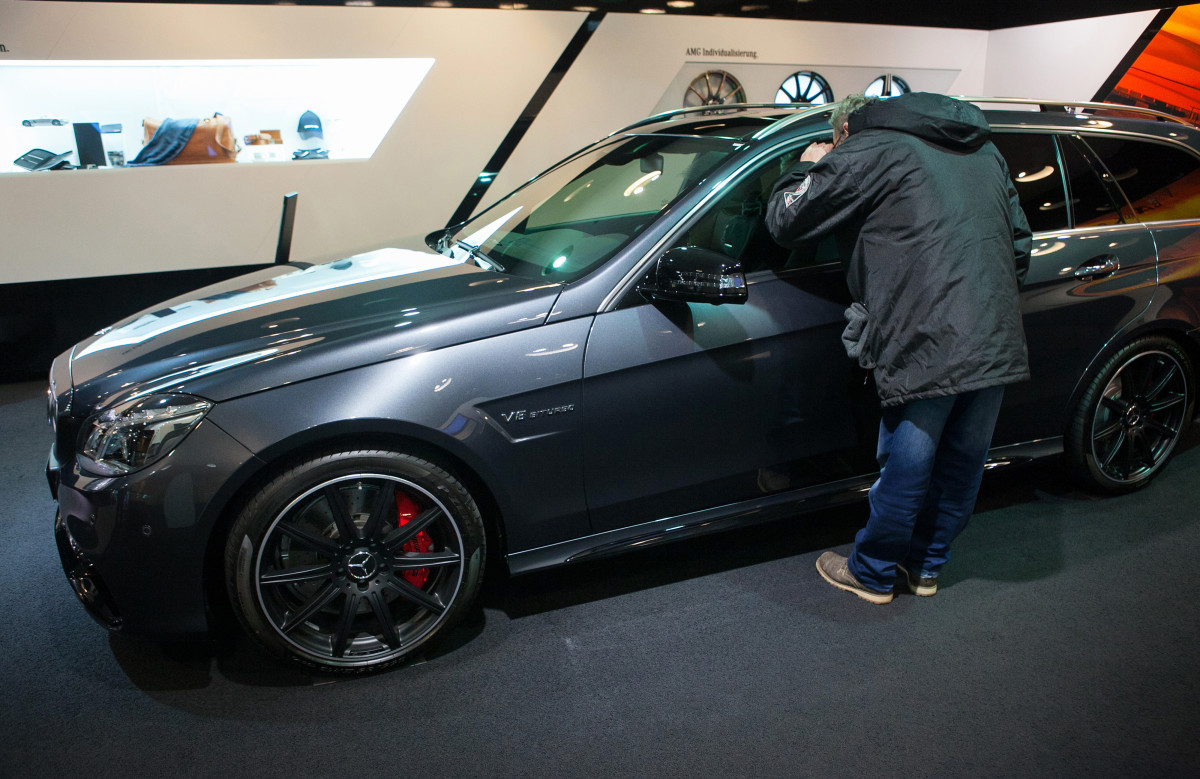
Like fashion, there are many different kinds of niches and avenues to hyperfixate over.
Some enthusiasts are into cars from the 1970s "malaise" era, where Detroit's big three produced cars that were pale in comparison to Japanese imports.
In the same vein, some fashion-forward kids on social media are trying to bring back the "swag era" from the early 2010s and its skinny jeans, snapback hats and Beats headphones as necklaces.
Unlike certain fashion choices I regret, it is very easy to explain why wagons appeal to enthusiasts. It's the automotive equivalent of "having your cake and eating it too" — a unique, fast sports car with lots of space.
I can get behind that.
Related: Veteran fund manager picks favorite stocks for 2024







